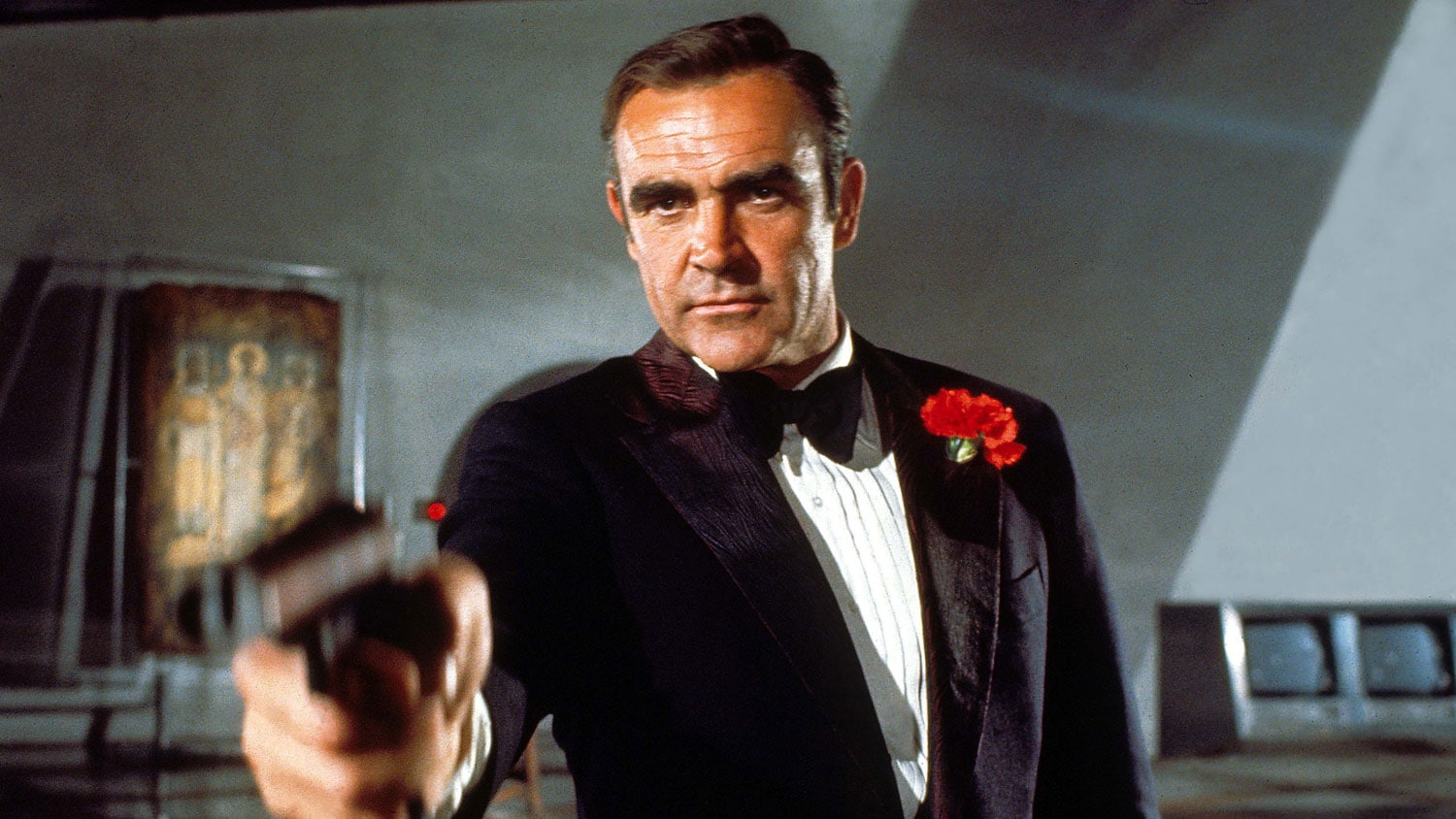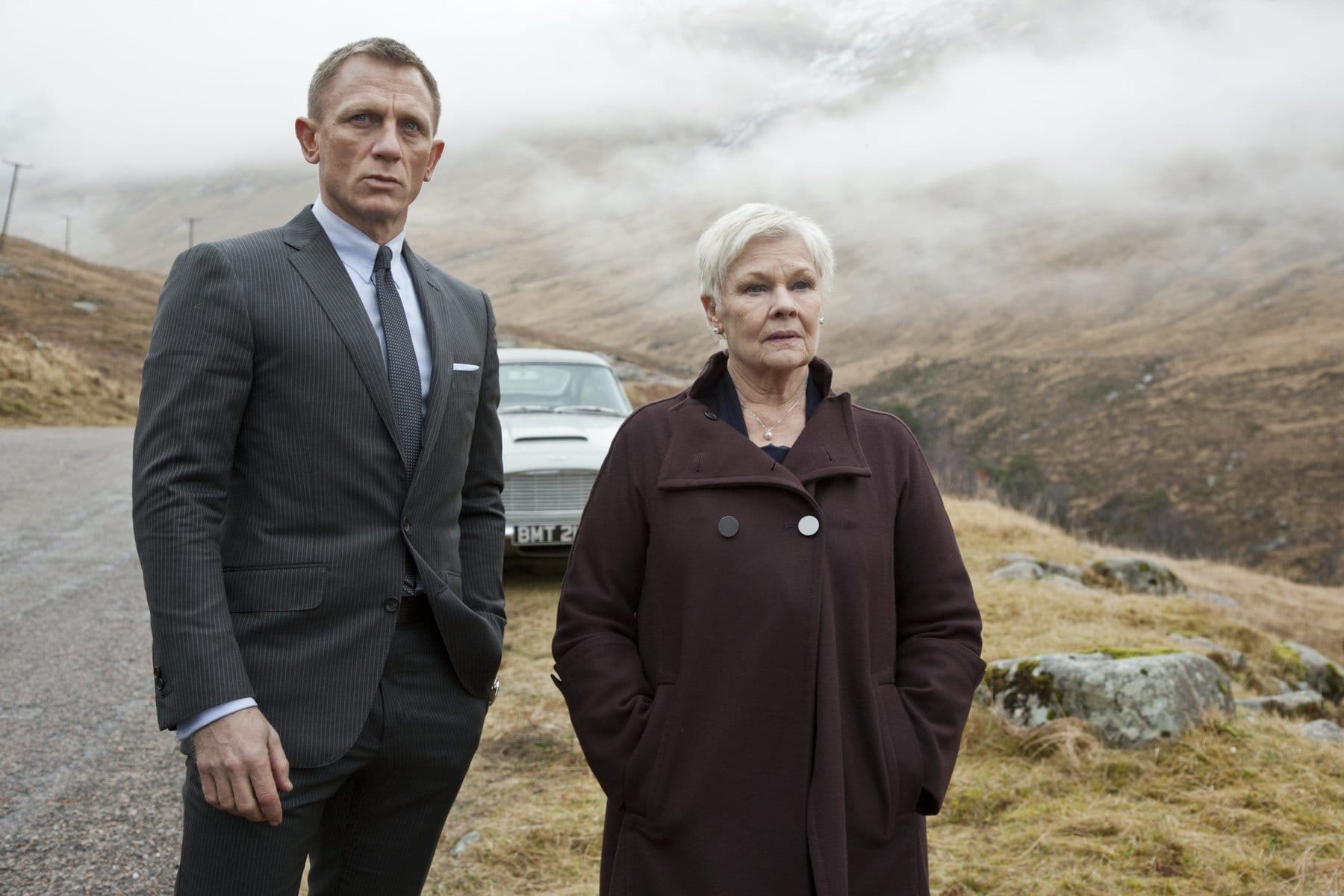Unless you’ve been living under a rock for the past few months, you’ll know that the latest James Bond film – No Time to Die – goes on general release soon, around 18 months after COVID delayed its original debut.
In many previous Bond movies, the hero British spy has spent much of his time at the casino.
Perhaps most notably was in Casino Royale, where he played high-stakes poker against the evil Le Chiffre, who had an unfortunate “tell” – his eye bled at times of stress.
Bond, however, is better known for playing baccarat and blackjack, and indeed there is a famous betting strategy named after him – the James Bond Roulette Strategy.
Created by Ian Fleming

Credit: MGM Studios
Read more: Exploring The Best And Most Popular Roulette Strategies
Bond writer Ian Fleming created the James Bond Betting Strategy, and he used to use the system himself when in Monte Carlo – the idea being that he would play with the system at the roulette table until he had enough money to buy his dinner.
It’s quite a fun story, but a shame that Fleming didn’t write the strategy into any of the Bond books so that we could see the suave, licensed-to-kill agent playing roulette for his own dinner.
There are many different betting systems around, but could you make a profit from the James Bond Roulette Strategy – would it leave you shaken, not stirred, just like his favourite vodka martini?
How to Use the James Bond Roulette Strategy
The system relies on you repeating the same bet for every spin of the wheel.
At a real or a live casino site, you can choose your game and spend £20 total on each spin (or lower/higher, so long as the proportions are the same).
And this is how you place your chips:
- £14 to go on the high numbers segment, so 19-36
- £5 on a six-line bet (sometimes called double street) that covers the two rows 13 through 18
- £1 on the zero segment
Using this spread of bets, you will be covering every number of the wheel, aside from 1 through to 12 – in other words, a third. With that in mind, you should, in theory, win some money back two out of every three times.
But because the odds on the three bets vary, you cannot necessarily rely on making a consistent profit.
The Odds

Credit: Universal Pictures
Read more: James Bond Jr. Movie Franchise Gets The Greenlight At MGM
So, while you might expect to be on a winning number two out of every three spins, the payouts will vary.
Here are the four scenarios that will play out when the white ball settles down into one of the 37 pockets of the wheel:
- Lose £20 if the number is anything from 1 to 12
- Profit £5 if your £5 double street bet comes in at 5:1
- Profit £8 if the £14 you bet on 19-36 comes in at 1:1
- £15 profit if the £1 green zero bet comes in at 35:1
Here is where you can begin to understand the issue with the James Bond Roulette Strategy.
If you are expected to lose £20 every third spin, you need to make more than that back, on average, over the other two spins to remain in profit.
Yet, when you look at the returns, you might easily profit only £8 from one and £5 from the other, meaning an overall loss.
Of course, you could get lucky and avoid the 1 to 12 numbers over a long streak, or you might land a few zeros in quick succession to build some nice profits.
On the other hand, you could land a 1 to 12 ball five times in a row to go on a £100 losing streak!
The thing about roulette is that it is a game of chance but with a built-in house edge for the casino.
If you were to use this (or any other) betting strategy over the long term, you would lose.
But in the short term, it could lead to some profits, so long as you are disciplined enough to leave the table when you are winning before your profits end up going back to the house.
This is what Ian Fleming managed to do – leaving when he made a profit and then going for a slap-up meal in Monte Carlo.
If you think you can be as disciplined as he was, then perhaps you should give the system a try.
But get it wrong, and you could end up losing your money, an unfortunate eventuality that would very much leave you shaken, not stirred.
What do you make of this story? Let us know in the comments below or on our Facebook, Twitter or Instagram pages! And if you enjoy listening to film podcasts, why not check out our podcasts, Small Screen Stories and Small Screen Film Club wherever you get your podcasts!
















There are no comments
Add yours